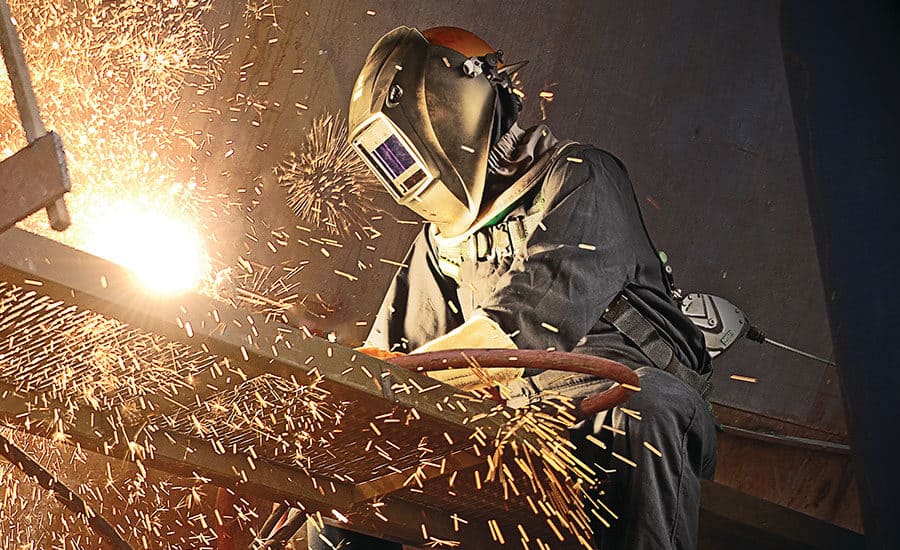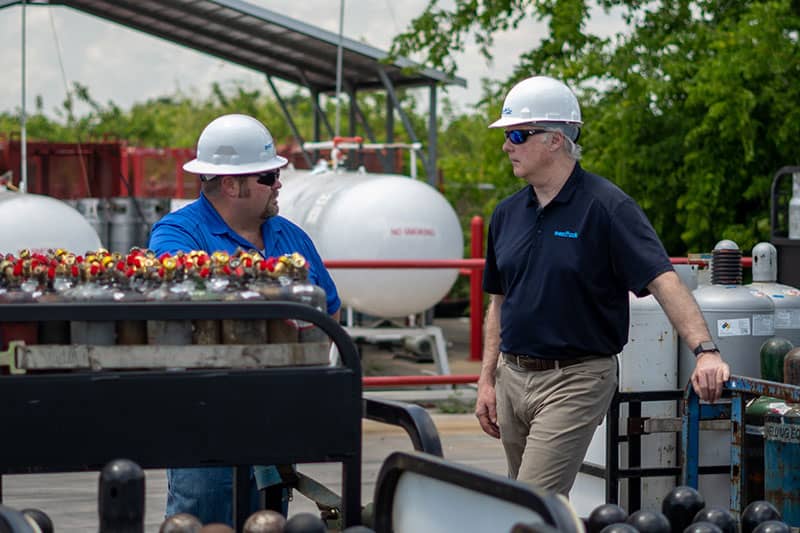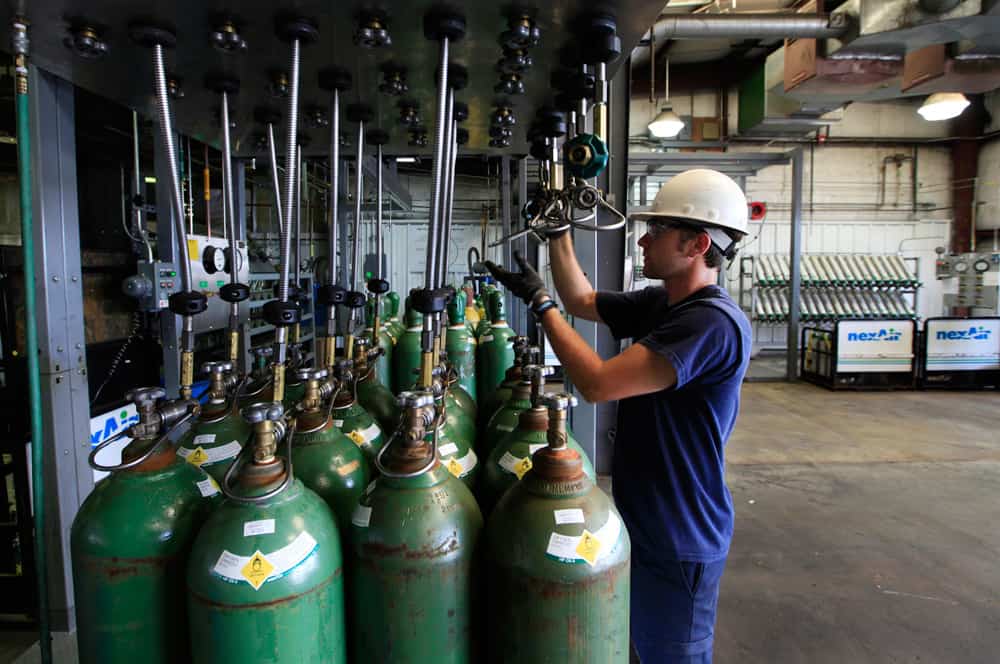Why Welding Automation is a Game Changer for Manufacturers: Insights from nexAir
Every manufacturing operation eventually hits capacity ceilings with conventional methods. Adding welders requires space, equipment, and increasingly scarce skilled labor. Working additional shifts brings overtime costs and coordination challenges. At some point, these traditional approaches no longer deliver needed results.
Automation breaks through these limitations. A single robotic cell often replaces multiple manual stations while requiring minimal supervision. Production continues steadily without fatigue-related slowdowns or breaks. Quality remains consistent from the first piece to the last, eliminating the gradual drift that occurs as manual welders tire during shifts.
The floor space efficiency proves particularly valuable for operations in facilities with limited expansion options. Where multiple manual stations once occupied substantial square footage, automated cells deliver greater output from compact footprints. This density allows manufacturers to increase production without facility expansion.
New Possibilities for Product Design
Automation enables welding approaches that simply aren’t practical manually. Continuous welds along complex paths. Perfect replication of intricate patterns. Precise heat control throughout lengthy procedures. These capabilities open new design possibilities that improve both product performance and aesthetic appeal.
Engineers and designers Forge Forward with newfound freedom, developing products optimized for performance rather than manufacturing limitations. Components previously requiring multiple pieces and joining operations become single, stronger assemblies. Features once considered too complex for consistent production become standard offerings that differentiate products in competitive markets.
Our expert KnowHow™ helps translate these design possibilities into practical manufacturing solutions. By combining materials expertise with automation capabilities, we help product teams develop designs that maximize both performance and manufacturability. This collaborative approach bridges the gap between engineering concepts and production realities.
Welders as Technology Specialists
Contrary to common concerns, automation typically enhances welding careers rather than eliminating them. The role evolves from direct production to technology management – programming robots, developing processes, and overseeing quality systems. These evolved positions combine traditional welding knowledge with new technology skills, creating enriched career paths that attract talent.
Experienced welders bring invaluable application knowledge to automation implementation. They understand how materials respond to heat, recognize potential trouble areas in designs, and know which parameter adjustments will improve results. This practical expertise proves essential for successful programming and process development.
Young people entering the workforce often find these technology-enhanced roles more appealing than traditional welding positions. The combination of technical challenge, physical comfort, and career advancement opportunities attracts candidates who might otherwise pursue different fields. This appeal helps manufacturers build welding teams despite demographic challenges in the broader labor market.
The Data Advantage
Modern automation systems generate comprehensive process data unavailable from manual operations. Every parameter – current, voltage, travel speed, torch position – gets recorded throughout each weld. This information enables both immediate quality verification and ongoing process optimization.
Analytics applied to this data reveal subtle patterns and improvement opportunities invisible to observation alone. Parameter combinations that produce optimal results. Environmental factors that influence performance. Maintenance indicators that predict potential issues before failures occur. These insights drive continuous improvement while supporting quality documentation requirements.
For manufacturers serving regulated industries, this automatic documentation proves particularly valuable. The comprehensive records demonstrate process control and parameter compliance without additional administrative burden. This capability simplifies quality audits while providing verification for critical applications.
Transform Your Welding Operations
Ready to explore how automation could reshape your manufacturing capabilities? nexAir’s application specialists can evaluate your current operations and identify high-impact automation opportunities. Whether you’re considering your first automation steps or expanding existing capabilities, we provide both the technology and expertise to ensure successful implementation.
Contact us to schedule an automation assessment and discover specific ways welding automation could transform your production performance.
Don't see what you're looking for?
Everything we offer is a click away and it will arrive before you know it.




